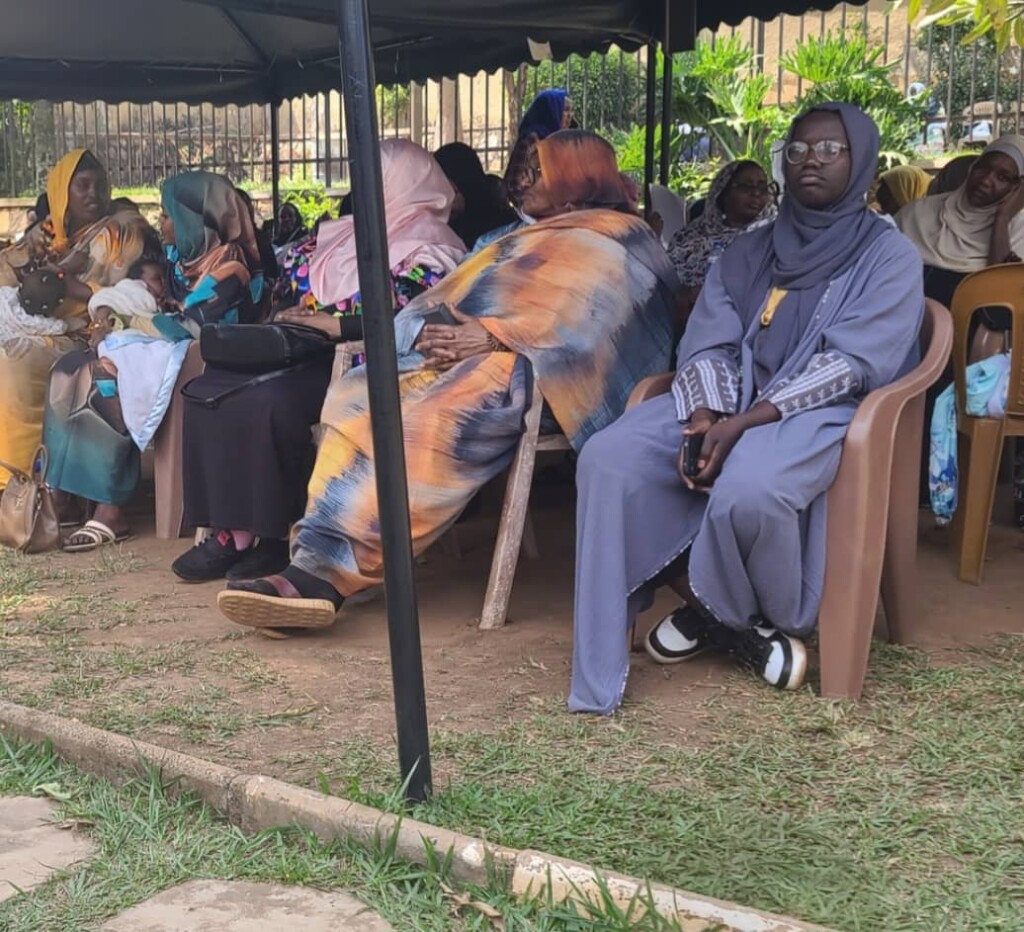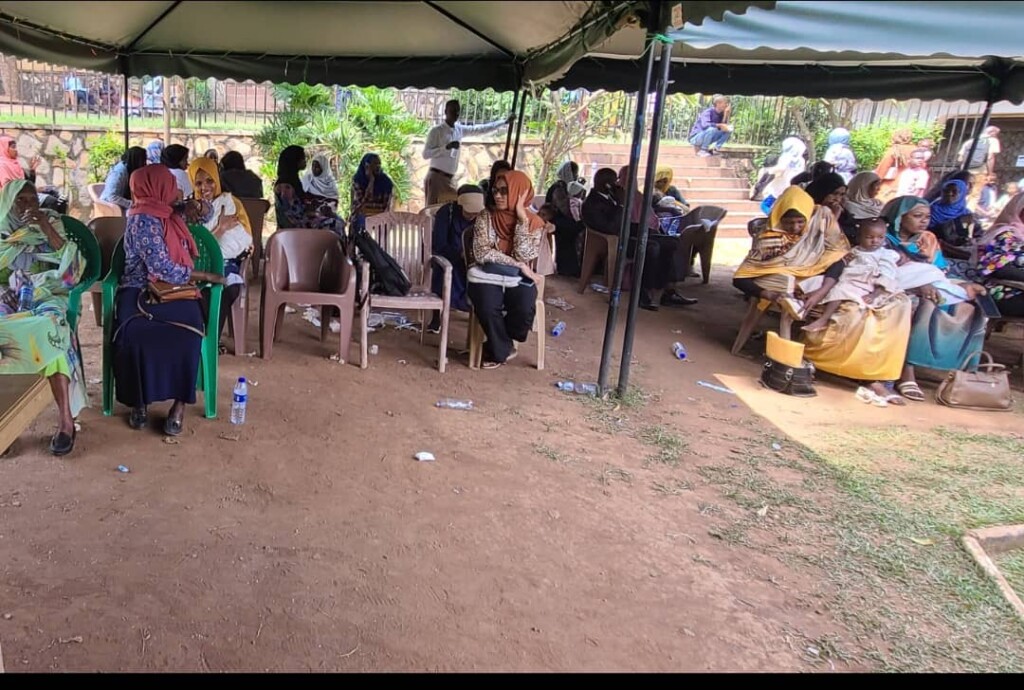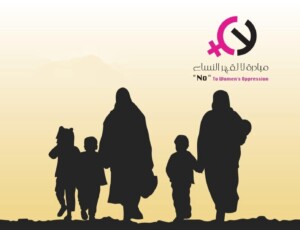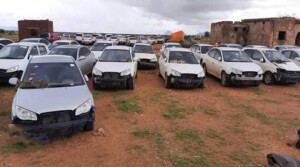6,000 Sudanese refugees face passport dilemma in Kampala

Sudanese people in Kampala continue to struggle to obtain passports and identity documents (Photo: Image source: Sudan Media Forum)
Prepared by Sudanile.com for Sudan Media Forum
Although identification documents are a fundamental right of every citizen, thousands of Sudanese refugees in Uganda live in a different reality, where the process of obtaining an electronic passport, birth certificate or national number becomes a financial burden that exceeds their means.
As they fled the hell of war in Sudan in search of safety, they found themselves facing high costs imposed by the Sudanese embassy in Uganda, hindering their access to their most basic rights.
The number of registered with the Sudanese embassy in Kampala to conduct official transactions exceeds 6,000 people, amid increasing daily demand, especially with the embassy in the Ugandan capital being a major destination for Sudanese refugees coming from neighboring countries, such as Rwanda, Kenya, Tanzania, and even from inside camps scattered in Uganda.
The embassy announced the start of official work at its e-passport center in the capital, Kampala, starting last Friday, June 13, following the completion of networking procedures with the Presidency of the Passports and Civil Registry Authority in Khartoum.
She explained, in a press circular, that the center will begin receiving auditors according to lists to be announced weekly, provided that the approved reception days are on Monday and Thursday of each week, calling on citizens to follow the embassy’s official page on “Facebook” to see the schedules and specific names.
The approved fees for electronic transactions were determined according to what was approved by the Ministry of Finance, where the value of obtaining an electronic passport for adults amounted to $ 250, the passport for children under the age of 18 $ 125, and the national number document, a replacement for lost, for adults and children $ 25.
The embassy called on Sudanese residents in Uganda to adhere to the announced dates, and to attend only those concerned on the specified days, noting that the publication of schedules will be in the middle of each week to facilitate booking and attendance procedures.

Backbreaking fees
Refugees expressed strong dissatisfaction with the fees imposed, noting that most arrived in Uganda empty-handed after fleeing the war, without any property or savings, and completely dependent on humanitarian aid provided by UNHCR and international organizations.
“How can someone who has lost everything be asked to pay $250 for a passport? The paradox is painful, on the one hand you pay for a document proving your affiliation, and on the other hand you find yourself without real protection, relying only on the support of organizations and not the support of the state.”
In a memorandum addressed to the newly appointed Prime Minister, Kamel Idris, Sudanese refugee Moussa Zuma considered that the high fees represent an unbearable burden for refugees living in difficult economic conditions, and called on the government to intervene and direct the embassy to review the decision to increase fees, and said: “We ask you to address the Sudanese embassy in Uganda to reduce the passport fees to $ 100, while granting birth certificates and national numbers to refugee children free of charge.”
He stressed that most refugees live in very poor living conditions, where they lay on the ground and do not have enough food and medicine.
Zuma called on the passport team to coordinate with the refugee committees in the Kriandungu camp to facilitate the extraction of documents, and called on the head of the Sudanese refugee community in Uganda, Saleh Idris, to hold an urgent meeting with the embassy to discuss the matter and ensure that refugees living in camps such as Biyali are included in the registration processes.
Refugee, Adel Abdullah Nasreddin, stressed that basic documents, such as birth certificates, ID cards, and passports, are legal rights that must be available to all citizens, especially those in refugee conditions.
These documents play a vital role in identifying people and enabling individuals to access education, healthcare, and work, Nasreddin said, noting that imposing exorbitant fees deepens the suffering of refugees and exposes them to deprivation of their basic rights.
He pointed out that imposing fees of $ 250 for the passport, $ 30 for the birth certificate, and $ 25 for the national number, which most refugees cannot afford, stressing that the state has turned from a caring entity for the rights of its citizens to an entity that invests in their needs.
“If the state is not able to provide these services for free, at least it should set a nominal fee that allows every citizen to obtain his right to prove his identity and dignity, instead of leaving him in the face of exclusion and deprivation,” Nasreddin concluded.
Legal alternative
One refugee woman expressed surprise at the demand of some to obtain Sudanese passports from the embassy, stressing that the refugee, from the moment he obtained the asylum card, his legal dependency is transferred to the United Nations High Commissioner for Refugees, and not to the embassy of his home country.
Embassies were not responsible for the affairs of refugees, who were legally protected by the United Nations.
The refugee added that UNHCR provides a passport for refugees, estimated to cost200,000 Ugandan shillings (less than 100 US dollars), which is an internationally recognized document, considering that this passport is a legal and safe alternative, instead of seeking to obtain passports from the embassy of the country of origin, which does not bear the responsibility of refugees.
Throttling congestion due to network downtime
According to the follow-up of Sudanile, about 90 auditors of passport procedures and 10 others came to the embassy headquarters last Friday to complete the transactions of the national number and birth certificates, according to the schedule announced on the embassy’s Facebook page, but the disruption of the network and technical instability in communication with the Passports Presidency in Port Sudan, the temporary capital, prevented the completion of the transactions of a large number of auditors on that day, forcing the embassy to deport them to Monday, after the Saturday holiday. and official Sunday in Uganda.
The decision led to a backlog of transactions at the beginning of the week, as the attendance of the group carried over from Friday coincided with the auditors whose names were published earlier on Monday, causing unprecedented congestion.
Although the embassy later announced a new list of auditors for Tuesday, it issued an official apology, noting that it would not be able to receive auditors due to the continuing network problem, announcing that the deferred transactions would be carried out on Wednesday, June 18.
The embassy attributed the decision to what it described as “the continued instability of the communication network with the Passport Presidency,” which led to the inability to complete the transactions despite the presence of their owners on time, stressing that the list published for Tuesday will be dealt with on Wednesday.
The embassy called on all visitors to follow its official Facebook page to keep abreast of updates related to scheduling names and attendance dates.

This report is prepared by Sudanile.com and published via the platforms of Sudan Media Forum member organisations to reflect the severe suffering faced by Sudanese refugees during the process of obtaining passports and other identification papers.
#SilenceKills #الصمت_يقتل #NoTimeToWasteForSudan #الوضع_في_السودان_لايحتمل_التأجيل #StandWithSudan #SudanMediaForum











 and then
and then